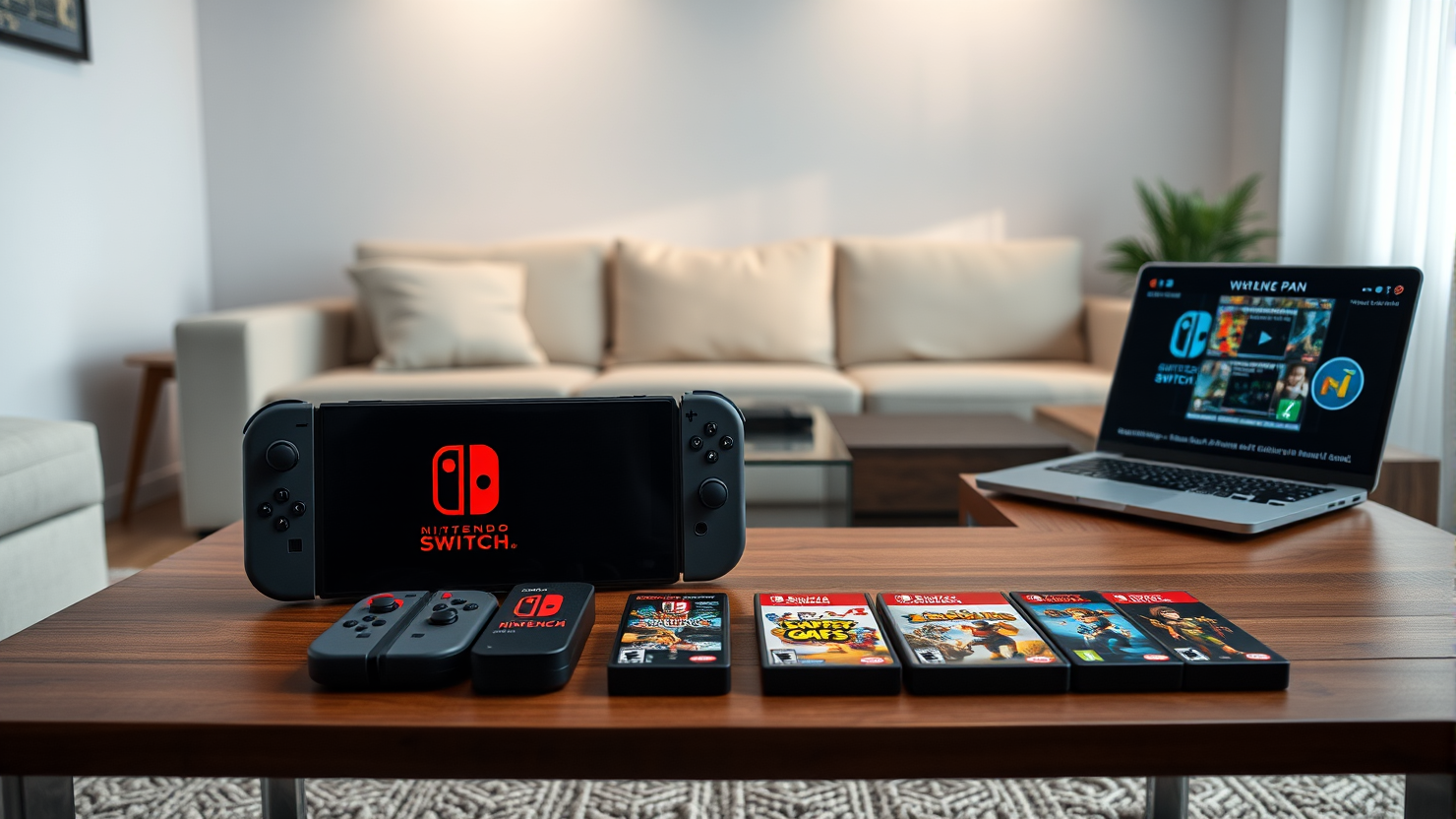OpenAI’s ChatGPT Pulse: Personalized Daily Briefs Transform AI Assistant into Proactive Morning Companion

OpenAI’s latest innovation within its ChatGPT platform is the introduction of Pulse, a feature designed to deliver personalized reports to users upon waking. The aim of Pulse is to position ChatGPT as a primary morning destination, similar to social media or news apps.
Pulse represents a strategic shift in OpenAI’s consumer product development, focusing on asynchronous functionality rather than question-and-answer interactions. Features such as ChatGPT Agent and Codex are designed to transform the platform into an assistant-like experience instead of a chatbot. With Pulse, OpenAI seeks to make ChatGPT more proactive.
The CEO of Applications at OpenAI, Fidji Simo, stated in a blog post that their goal is to offer AI support previously available only to the wealthy, making it accessible for everyone over time. ChatGPT Pulse is the first step towards achieving this objective, with plans to expand the service to all users in the future.
OpenAI’s most expensive subscription plan will limit access to compute-intensive products like Pulse, as announced by the CEO, Sam Altman, earlier this week. To address the strain on server resources due to ChatGPT’s popularity, OpenAI is rapidly expanding its AI data centers in partnership with companies like Oracle and SoftBank.
Starting on Thursday, subscribers to OpenAI’s $200-a-month Pro plan will gain access to Pulse, which will appear as a new tab within the ChatGPT app. The company aims to roll out Pulse to all users in the future, with Plus subscribers set to receive access soon, pending optimization of the product.
Pulse generates reports encompassing news articles on specific topics and personalized briefs tailored to individual users’ contexts. During a demo for an unnamed publication, OpenAI showcased several such reports: news about British soccer team Arsenal, group Halloween costume suggestions, and a travel itinerary suitable for a family trip to Sedona, Arizona.
Each report is presented as a “card” featuring AI-generated images and text. Users can click on each card to access the full report and then query ChatGPT about its contents. Pulse will autonomously generate reports at times but also allows users to request new automated reports or offer feedback on existing ones.
Pulse limits itself to generating a few reports daily before displaying a message: “Great, that’s it for today.” This design choice differentiates the service from engagement-optimized social media apps, according to the product lead, Adam Fry.
Compatible with ChatGPT’s Connectors, Pulse can integrate apps like Google Calendar and Gmail. Once connected, Pulse will analyze emails overnight to surface critical messages in the morning or access calendars to generate agendas for upcoming events.
If a user has ChatGPT’s memory features enabled, Pulse will incorporate context from previous chats to enhance reports. Christina Wadsworth Kaplan, OpenAI’s personalization lead, demonstrated how Pulse automatically recognized her affinity for running to create a London itinerary featuring running routes.
Wadsworth Kaplan described Pulse as a “net-new functionality” for consumer products. As a pescatarian, she explained that Pulse makes dinner reservations based on her dietary preferences and finds menu items suitable for her diet.
However, it’s worth considering how Pulse might compete with existing news products such as Apple News, paid newsletters, or traditional journalism outlets. While Fry acknowledges that Pulse may not replace these apps entirely, the feature does cite its sources with links, similar to ChatGPT Search.
The long-term goal for Pulse is to make it more agentic, capable of making restaurant reservations on behalf of users or drafting emails for approval. However, such features are likely still a ways off and would require significant improvements in OpenAI’s agentic models before users trust the platform with such decisions.






